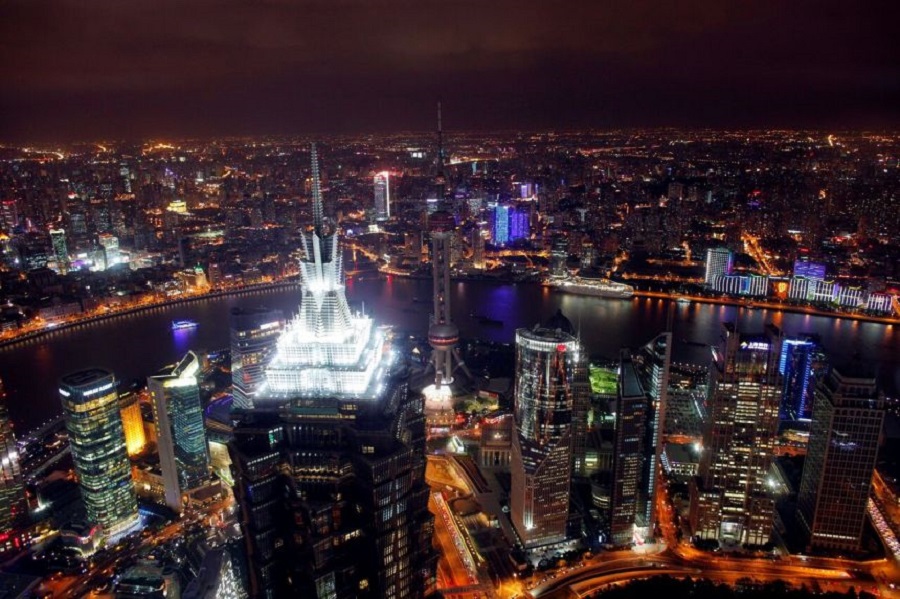RIO DE JANEIRO, BRAZIL – Global wealth tripled in the past two decades, with China leading the way after overtaking the United States to take first place globally.
This is one of the findings by the research arm of consultants McKinsey & Co, that examines the national assets of 10 countries that account for over 60% of the world’s income.

“We are now wealthier than we have ever been,” Jan Mischke, a partner at the McKinsey Global Institute in Zurich, said in an interview.
Net wealth worldwide rose to US$514 trillion in 2020, up from US$156 trillion in 2000, according to the study. China accounted for nearly a third of the increase. Its wealth soared to US$120 trillion from just US$7 trillion in 2000, the year before it joined the World Trade Organization, quickening its economic ascent.
WEALTHIEST 10%
U.S. net worth, held back by more moderate increases in property prices, more than doubled during the period to US$90 trillion.
In both countries, the world’s largest economies, more than two-thirds of wealth is held by the richest 10% of households, and their share has been rising, the report notes.
As calculated by McKinsey, 68% of global net worth is held in real estate. The balance is in infrastructure, machinery, equipment and, to a much lesser extent, so-called intangibles such as intellectual property and patents.
Financial assets are not counted in global wealth calculations because they are offset by liabilities.
SIDE EFFECTS
The sharp rise in net wealth over the past two decades has outpaced global gross domestic product growth and has been intensified by rising property prices driven by a decline in interest rates, McKinsey found. The firm revealed that asset prices are nearly 50% above their long-term average relative to incomes. That raises questions about the sustainability of the wealth boom.
“Net wealth through price hikes above and beyond inflation is questionable in many ways,” Mischke said. “It leads to all sorts of side effects.”
Rising real estate values can make home ownership unaffordable for many people and increase the risk of a financial crisis, such as the one that hit the U.S. in 2008 after the housing bubble burst. China could face similar issues due to the debt of real estate developers such as China Evergrande Group.
The ideal solution would be for the world’s wealth to flow into more productive investments that would expand global GDP, according to the report. The worst-case scenario would be a collapse in asset prices that could wipe out as much as a third of global wealth, bringing it closer to world income.

